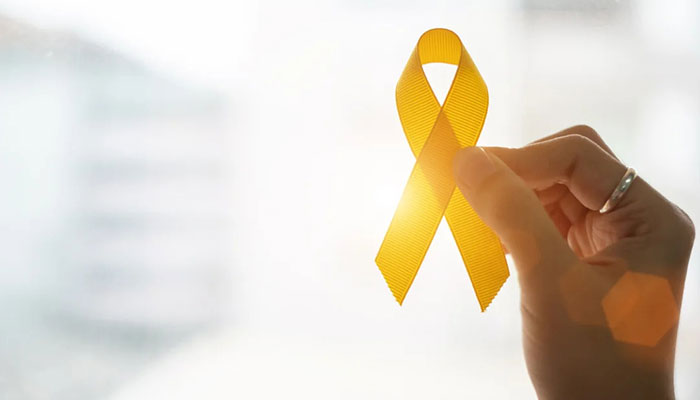-
-
- COMPUTER SCIENCE & ENGINEERING (AESTR BY GYAN VIHAR)
- ARTS AND DESIGN
- BUSINESS
- CLIMATE CHANGE AND WATER RESEARCH
- AGRICULTURE
- COMPUTER APPLICATIONS
- ELECTRONICS & ELECTRICAL ENGINEERING
- MECHANICAL ENGINEERING
- CIVIL ENGINEERING
- APPLIED SCIENCES
- PHARMACY
- HOTEL MANAGEMENT CATERING & TECHNOLOGY
- PHYSIOTHERAPY
- HEALTH CARE
- INTER-DISCIPLINARY & LIBERAL STUDIES
- LAW
- EDUCATION
- DOCTORAL PROGRAM
- Alumni
- LMS Login
- Library
- Help Desk
- Research
- Programs
- Result
- Student Login
- Placements


.jpg)

